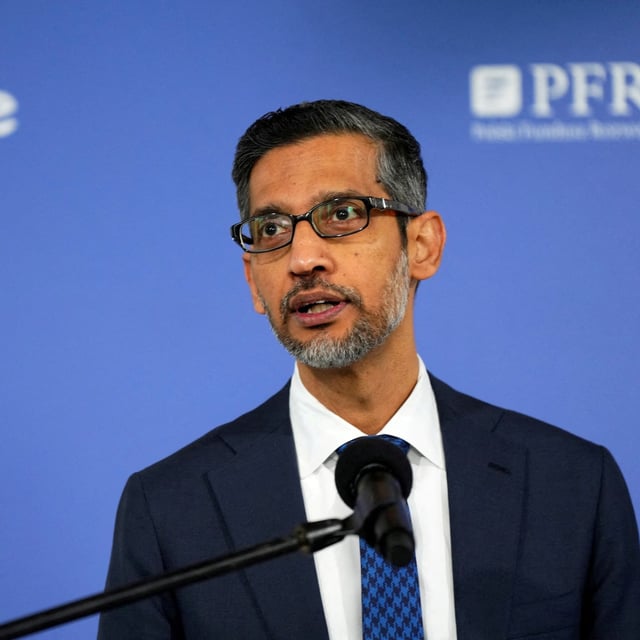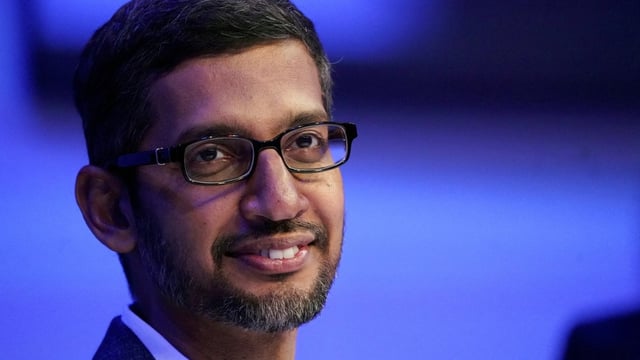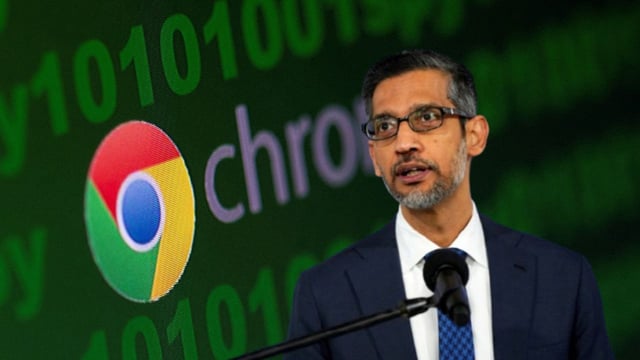Overview
- Sundar Pichai testified in Washington, arguing that DOJ's proposed remedies would amount to a 'de facto divestiture' of Google's search engine and intellectual property.
- The DOJ seeks structural and behavioral changes, including divesting Chrome, ending exclusive default search deals, and mandating data-sharing with competitors to restore competition.
- Pichai emphasized that data-sharing requirements could allow rivals to reverse engineer Google’s search technology, discouraging future R&D investments and innovation.
- He warned that licensing sensitive search data to competitors could compromise user privacy, particularly during vulnerable moments, and noted Google's unique commitment to privacy safeguards.
- The court’s final ruling on remedies is expected by August 2025, with Google planning to appeal any decision that enforces the DOJ's proposed measures.



